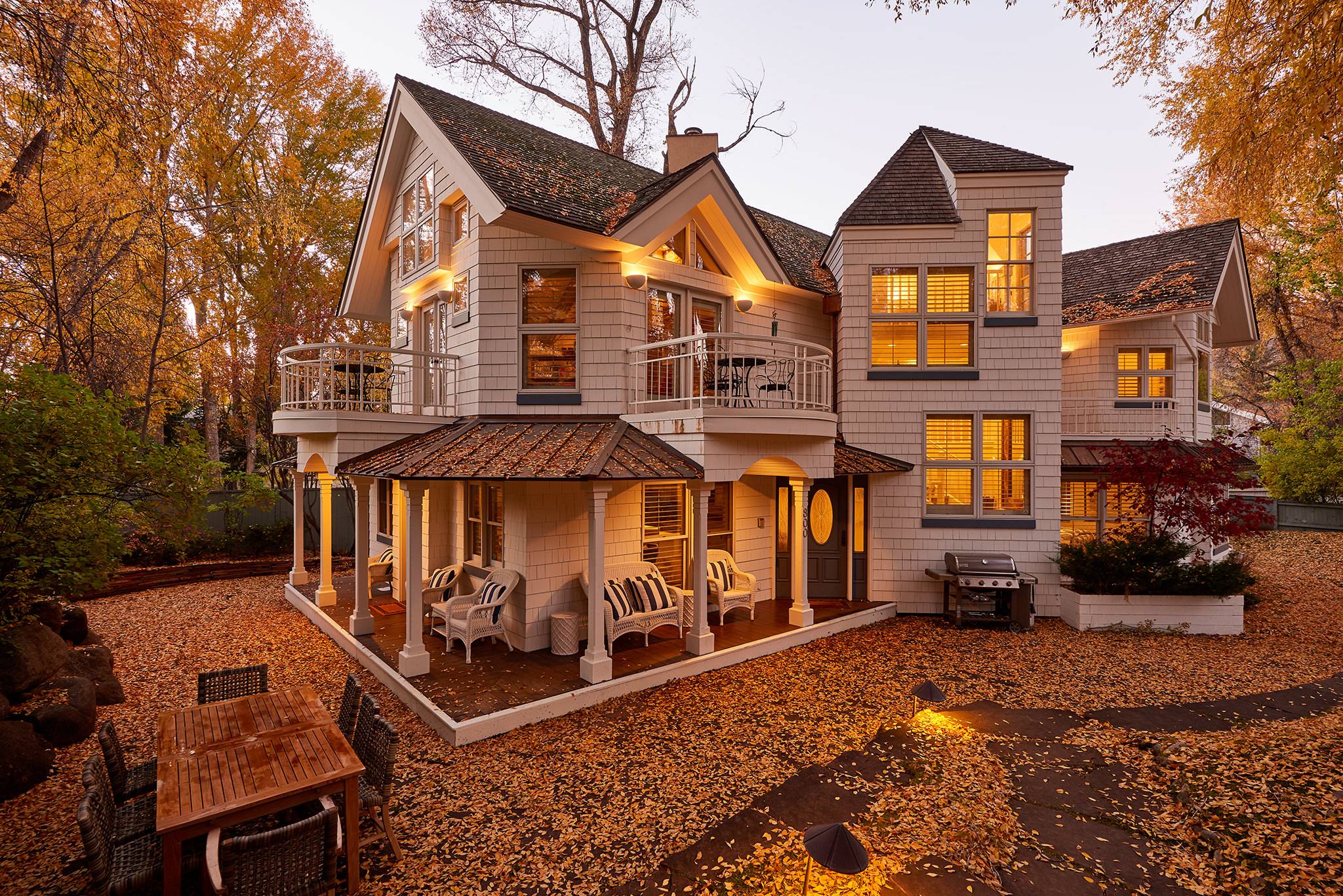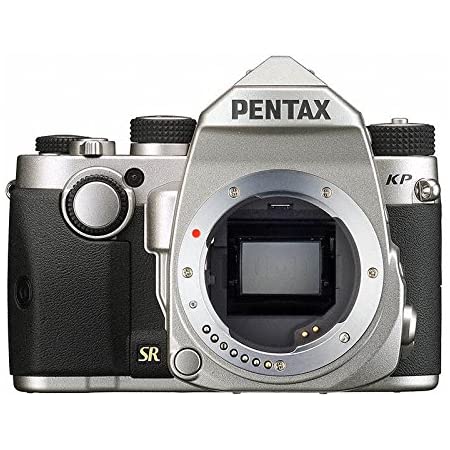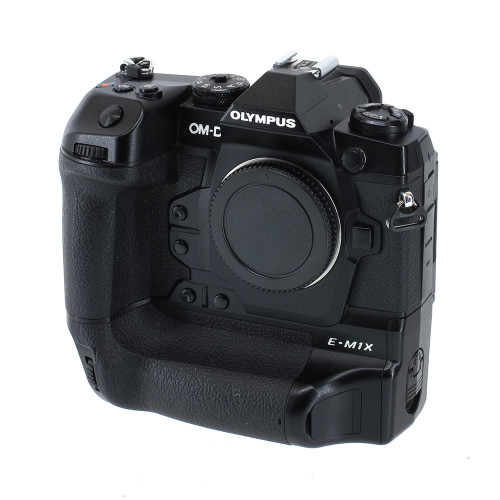
If you're new to photography, there are some things you should know before starting. Perhaps you have questions about the lenses and cameras or you are not sure how to compose a shot. Ask a photographer how he or she captured a shot. A photographer is usually open to discussing their work, explaining the composition, and how they created it.
Cameras
If you are new to photography, you may have questions about cameras. Cameras for Questions about Photography Stack Exchange Community is the best place for you to ask these questions. Here you can find answers to your questions about photography, equipment, and cameras. Cameras are generally devices that have an internet connection. Stack Exchange also includes tag wikis, which are meant to introduce newcomers to a particular topic. These wikis give an overview of the subject as well as guidelines on how to use tags. Anyone can submit new tag Wikis.
Lenses
Choosing the right lenses for your camera is essential. Different lenses are made for different purposes and have different focal lengths that are appropriate for different types. At the very least, you should have two types of lenses. One long and one small. The longer lenses can magnify the subject better, while shorter lenses let you get closer to the subject.

For landscape photography, a wide-angle lens works best. A macro lens can be used for close-ups. These lenses are commonly used in nature photography.
Composition
Photography is all about composition. It's the art of organizing the elements within a photo frame to create an appealing image. The subject should be near the middle or edge of the photograph. The supporting subjects must be placed so they do not distract from it. Proper composition guides the eye through the frame to help the viewer understand the meaning.
The most prominent design element in the image is the red border on the Cactus. This gives the image a sensual feel. It is important to consider the Rule of Thirds when placing horses in the composition.
Post-processing
Many photographers are curious about the process of post-processing. There are many options to achieve the results you want, whether you want to merge multiple photos into one or adjust exposure in Photoshop. Photomatix is a popular choice for this purpose.

Photography is incomplete without post-processing. You can enhance your work and make it look more professional. You can also correct any minor problems in the photo. By adjusting the exposure and color, you'll be able to create a more professional looking photo. The reason post-processing is necessary is that digital cameras are not perfect and make assumptions about the world around them.
Tips for business
The world is becoming increasingly visual-oriented. Businesses need to create captivating images to grab customers' attention. Different images are needed for different businesses. These tips will help you to create compelling images. A series of photographs can be used to recreate the experience when you sell products.
FAQ
Is digital photography hard?
Digital photography can be difficult. To use digital photography properly, it takes patience and effort. To be able to take different types of shots, you must know what settings are appropriate. The best way to learn is by doing. Practice makes perfect.
What Camera Should I Get?
This all depends on who you want as a photographer. If you're just getting started, a basic point and click camera will suffice.
Once you have mastered the basics you will likely need something more advanced. It all comes down to personal preference.
These are some important things to think about before you purchase a new camera.
-
Features: What features do you need? Do you intend to use manual or autofocus settings? How many megapixels do you have on your camera? Is there a viewfinder?
-
Price: How much money are you willing to spend? Are you planning to upgrade your camera every year or two?
-
Brand: Are you happy with the brand that you choose? You shouldn't settle for less.
-
Functionality: Can your camera work in low-light conditions? Are you capable of taking high-resolution photographs?
-
Image Quality: How sharp and clear are your images?
-
Battery Life: How long does your camera last between charges.
-
Accessories: You will be able attach additional lenses, flashes and other accessories. ?
Which camera is best for beginners?
The best camera for beginners will depend on your budget, needs and level of skill.
If you are looking to save money, then a point and shoot digital camera might be the best option. These cameras have a good quality, but they are not very versatile.
The Digital Single Lens Reflex (Digital DSLR) camera allows you to interchange lenses, allowing you to take different kinds of photos. These lenses are usually more expensive than point-and shoots, but offer greater flexibility.
For beginners to photography, the beginner's set is a great place for you to start. Everything you will need, including a tripod, flash, memory cards and lens, can be found in one package.
You should also remember to buy additional batteries.
What is a good camera bag?
Choosing a camera bag is important because it protects your gear while traveling. These are the things to consider when shopping for a bag.
-
Sizing: A large bag will hold your camera and other accessories. Do not buy more than you need.
-
Durability: Look for bags made of durable materials such as leather, canvas, nylon, or polyester. Avoid using plastic bags or fabric bags.
-
Protection: Make sure your bag protects against dust, dirt and moisture.
-
Organization: To make it easier to find what you need, organize your gear according to type. For example, put your lenses in one compartment, your memory cards in another, and your battery charger in yet another.
-
Comfort: Instead of carrying a bag, use a shoulder strap. You should also look for a design that is comfortable and has padded straps.
-
Price: Check around to find the best prices. Brands may offer discounts on their products, which can prove to be a plus.
-
Warranty: Check to see if the company offers a limited warranty. If your bag is damaged or lost, this will let you know who to contact.
What equipment is required to start digital photography?
You should first consider what kind of camera you want when you begin digital photography. There are many choices: DSLRs (digital single lens reflex camera), point-and shoot compact cameras and camcorders. Each has its own benefits and features. For example, DSLR cameras offer high-quality images but are typically larger and heavier than other types of cameras. Point-and–shoot cameras can be smaller and lighter than DSLR cameras, and they often have automatic settings that allow for special situations. Camcorders are capable of recording excellent video quality and can also be used to take still photos. Smartphones can be small and lightweight and are easy to transport.
Once you've made a decision about the type and model of camera you want, then you must decide whether you want to buy it new or used. Even if the cameras were bought in the last few decades, they can still be purchased at reasonable prices. Newer models cost more, as manufacturers spend a lot of money on developing new technology.
Next, you need to purchase lenses. Your photographs' quality will depend on the lenses you choose. They enable you to adjust the focal length of the lens so that you can zoom into the scene with no loss of focus. Some lenses include built-in flash units. Others require external flash. There are many brands offering a variety of lenses. Each brand has their own distinctive characteristics.
Finally, you need to purchase memory cards. Memory cards are used to store images taken with your camera. You can store hundreds, thousands, or even more pictures depending on the size of the card. You will need multiple memory card if you plan on taking many photos.
Is photography a job that is rewarding?
Photography is an art form that lets you capture moments in your life and share them with other people. If you are willing to work hard, photography can be a great way for you to make money. If you want to become a professional photographer, there are many ways to do this. Start by taking photos for your friends and family as a hobby. This will improve your skills and increase confidence. After you've mastered this stage you can move onto paid assignments. The best photographers make a living by their art. Photographers may be asked to photograph people at parties and weddings. However, most professionals prefer to shoot commercial projects such as product shots or advertisements.
To be a successful photographer, you must first identify what kind of photography interests you. After that, practice, experiment, then master your chosen style. It is impossible to replace the experience of being in this position. Don't expect instant success.
As a beginner, you should aim to develop your technical skills first before focusing on creativity. Photography can be both artistic or technical. The best way to achieve success in photography is to master the fundamentals of composition and use the right tools.
You need to decide if you want a career in photography. Some people combine their love for photography with other jobs. It is possible to work as a freelancer while you are at the local newspaper. Some people choose to devote all of their time to photography. Either way, it takes dedication and commitment to succeed in any creative field.
It is important to take the time and effort necessary to make a career out of photography. Think carefully about whether or not you are really ready to give your time and effort to this type of endeavor.
Statistics
- By March 2014, about 3 million were purchased monthly, about 30 percent of the peak sales total. (en.wikipedia.org)
- This article received 13 testimonials, and 100% of readers who voted found it helpful, earning it our reader-approved status. (wikihow.com)
- While I cannot prove that all of those spots were not sensor dust, the photo was taken during a heavy snowstorm…so I guess that 99.8% of the spots are snowflakes. (bhphotovideo.com)
- There are people out there who will pick at flaws they can only see in 100% crops of your photos. (wikihow.com)
External Links
How To
How to take macro shots in photography
Macro Photography refers to the ability take pictures of small objects like insects and flowers at close range. Macro means large in Greek. If your lens has a focal distance greater than 50mm you can photograph objects that are extremely close up.
A macro lens of high quality should have a large working distance and an aperture fast enough to produce sharp images. Also, avoid moving while taking photos as it could blur your image.
Here are some tips and tricks to make great macro shots:
-
Use a tripod. You can use a tripod if you don't own one. This will make it less likely that you are moving when shooting.
-
Make sure you choose the right lighting. You can get a macro lens with built-in lights filters. However, if you don’t have one, you can purchase one. It prevents overexposure.
-
Be patient! Shooting macros takes practice. It's not always easy to see the perfect macro, but it is worth trying until you do.
-
RAW format is best. RAW files store more data than standard JPEGs. RAW files are better for editing later as you can make adjustments such as cropping and colour correction.
-
Don't forget the background. Even though you've got a nice foreground object, sometimes the background adds interest to your shot. You should include it in any photo.
-
Keep learning.